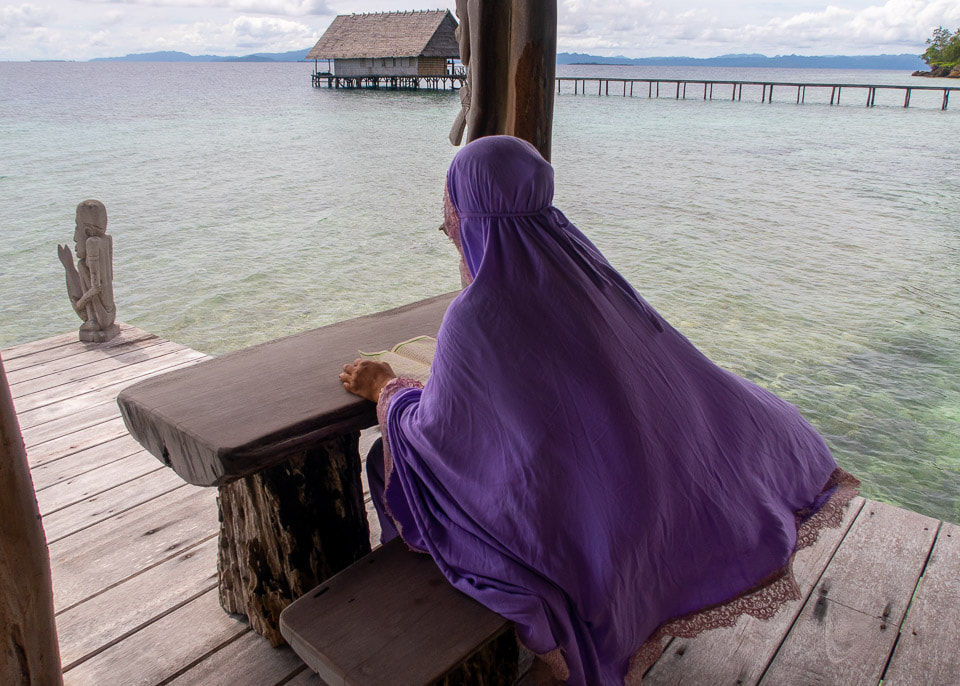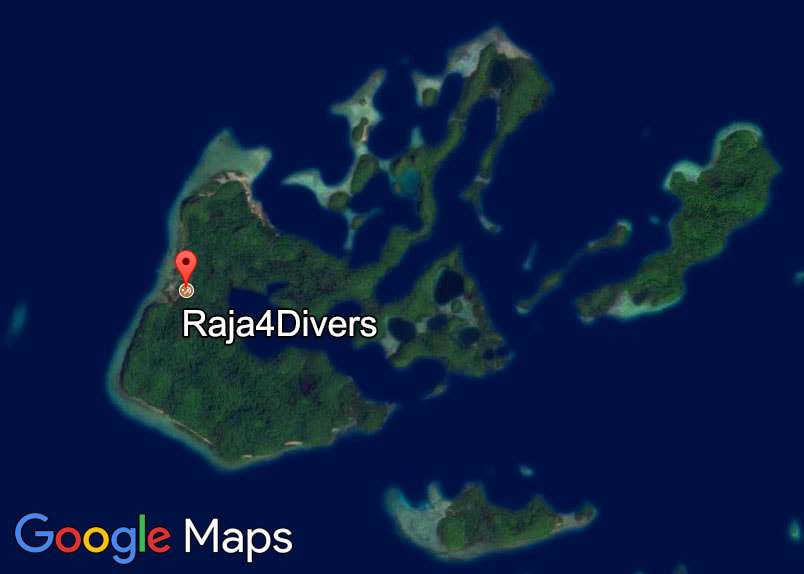|
I used to have mixed feelings towards the Muslim Ramadan, mainly the fasting that is an important part of it. It seemed rather strange to me not to eat and drink during the day but indulge in big meals before sunrise and after sunset. And having worked as a nutritionist, I thought it wrong not to drink anything, not even water, during an entire day – especially in hot countries. A week ago, this year’s Ramadan started, and the Muslim part of our staff is following it to the letter. And I must say, I changed my mind and am pretty impressed how they do it. How they get up at 4am to have breakfast and pray. How they work normal hours all day without food and drink, but also without tobacco, when some of them normally never take a step without a cigarette in their hand. And how they never seem irritated or impatient, nonetheless. They never mention being thirsty or hungry, only a little tired once in a while.
I sometimes feel guilty to eat or drink in front of them, and I especially feel sorry for the kitchen team, since they are around food and drinks all day long without being allowed to taste it. Not even check the seasoning of the dishes they cook which is why one of their non-Muslim colleagues who likes cooking is doing the «quality control», as she calls it. But I think they don’t mind as much as I do. Because they grew up in this tradition, and it’s just normal to them. Everybody fasts during Ramadan, except for pregnant or breastfeeding women, young children, elderly or ill people or travelers on long journeys. I was told they already start as children around the age of primary school. But children begin by fasting only half days, which seems hard enough at this age. My work colleague told me that she and her siblings would come home from school very thirsty at lunchtime and were hardly able to wait for the first sip of water or juice they were allowed. But since they were all in the same situation, they learned to deal with it. It naturally became part of their life to control their impulses and to do without certain things for a limited time of the year. In the western civilization, we are generally not very good at refraining from doing or consuming whatever we please. Even though for Christians, fasting is also a tradition during the 40 days running up to Easter, it is not as strict as for Muslims. The ones that do fast usually renounce to meat, sweets, alcohol and tobacco, but still eat and drink moderately during the day. While this no doubt is already a big effort for some, it seems hardly imaginable for us no to eat or drink during daytime for an entire month. It might have to do with the fact that meals for us have a much more social component than here. At home, we meet for a meal and sit and chat for hours. The meal is the actual event. In Indonesia however, I noticed that a meal normally is a rather quick affair, much more practical and aimed at satiating your thirst and hunger, than a social thing. So, missing out on meals during the day, while still representing a big physical effort, may not be so much of a social loss as it would be for our society. In most western countries, religion also doesn’t determine our daily lives as much as in Islamic countries. Many religious activities are just part of the daily routine here and are never questioned, while in laical and individualistic societies, people are not willing to easily accept everything the state or the church stipulate. We like to decide ourselves what we think is acceptable for us or not. I don’t know which is better and I still don't really agree with the not drinking part, but they are just two different ways of growing up. And even though I am not a religious person, I decided to do «my share of Ramadan» by not drinking alcohol for a month. Maybe next year I’ll manage to skip chocolate as well, but that is going to be really hard!
1 Comment
Bettina
2/5/2020 02:59:03
No chocolate, hmmm ''🤔🤔🤔😵
Reply
Leave a Reply. |
#TalkingWithMangrovesI never even dreamt of working on a remote island in Indonesia, but life has a way of taking care of itself… Archives
May 2021
|
LocationPulau Pef - Raja Ampat - Indonesia
|
Follow Us
Our Office in SorongJl. Gagak No.7 B, Km 7 Gunung, RT.001 RW.002
Kelurahan Malengkedi, Remu Utara PO Box No.130 Sorong 98416 – Papua Barat - Indonesia Phone +62 (0)811 485 7711 |
Rates and information are subject to change without notice. Terms and Conditions apply. All rights reserved.
Imagery is copyrighted and may not be used without express permission and written consent.
Images and videos of the following photographers / videographers were used for this website:
Barbara Moll, Claudia Peyer, Pere Rubio, Thomas Haider, Filip Staes, Christian Kaufmann, Dos Winkel, Duri Mayer, Jürgen Freund,
Daniel Brinckmann, Amanda Künzle, Joram Zimmermann, Ramon Sibold, Roman Keller, Barbara & Markus Aichinger, Fabienne Hadorn, Andreas Hadorn,
Armin Keller, Marcel Rudolph, Sabrina Inderbitzi, Peter Löseke
© 2024
Imagery is copyrighted and may not be used without express permission and written consent.
Images and videos of the following photographers / videographers were used for this website:
Barbara Moll, Claudia Peyer, Pere Rubio, Thomas Haider, Filip Staes, Christian Kaufmann, Dos Winkel, Duri Mayer, Jürgen Freund,
Daniel Brinckmann, Amanda Künzle, Joram Zimmermann, Ramon Sibold, Roman Keller, Barbara & Markus Aichinger, Fabienne Hadorn, Andreas Hadorn,
Armin Keller, Marcel Rudolph, Sabrina Inderbitzi, Peter Löseke
© 2024


 RSS Feed
RSS Feed

